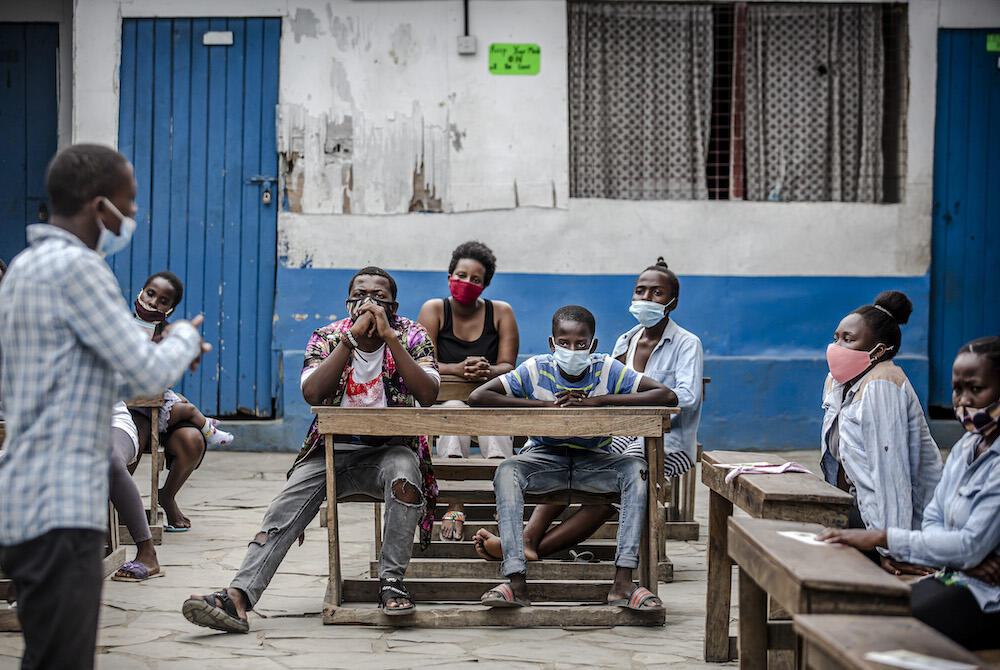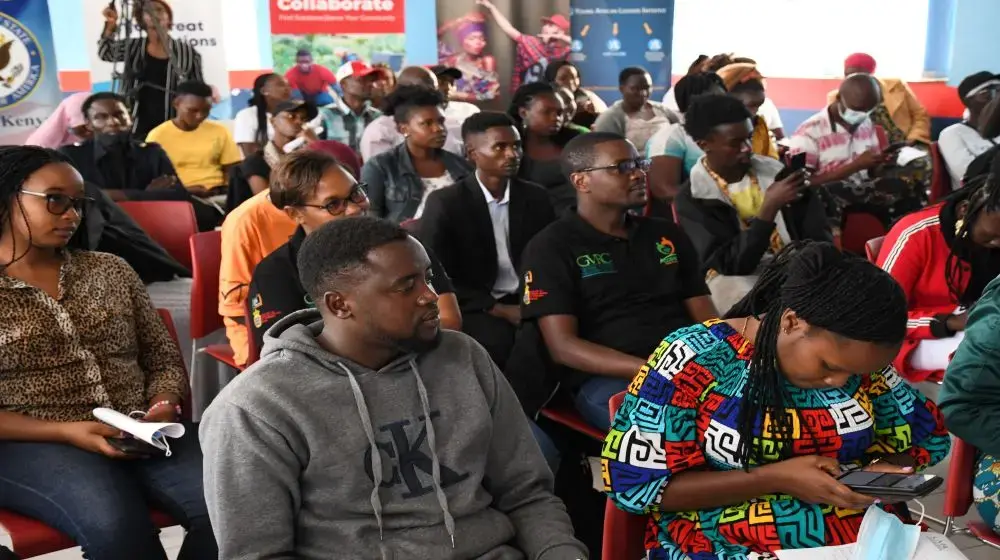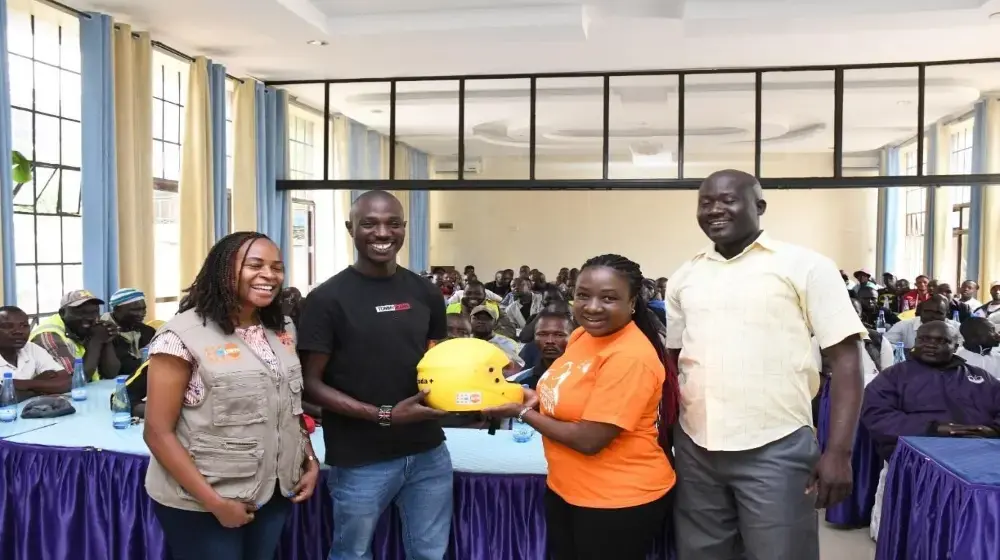KILIFI, Kenya—There is a particular case of sexual violence that the counsellors at Kilifi County Referral Hospital’s trauma counselling ward recall well – that of a ten-year-old boy who was attacked by his neighbour when he went out to buy soap for his grandmother.
The 26-year-old man lured the boy into his house, raped him and threatened him into silence, recalled the counsellors. The man told the boy he would ‘get into trouble’ with his parents if he ever told them what had taken place, leaving him confused and frightened.
Three times more, the boy was threatened by the neighbour when he ventured out and was again lured inside his home and raped. He became fearful of leaving his grandmother’s house and found any excuse to remain indoors.
Instead of sympathizing with his son [who was raped], he shouted at him.
His grandmother noticed the change in his behaviour and in his style of walking but could not get him to confide in her. Eventually his mother was called and it was only when she beat her son that he confessed to what had taken place. At the news, his father, who was working away from home, returned.
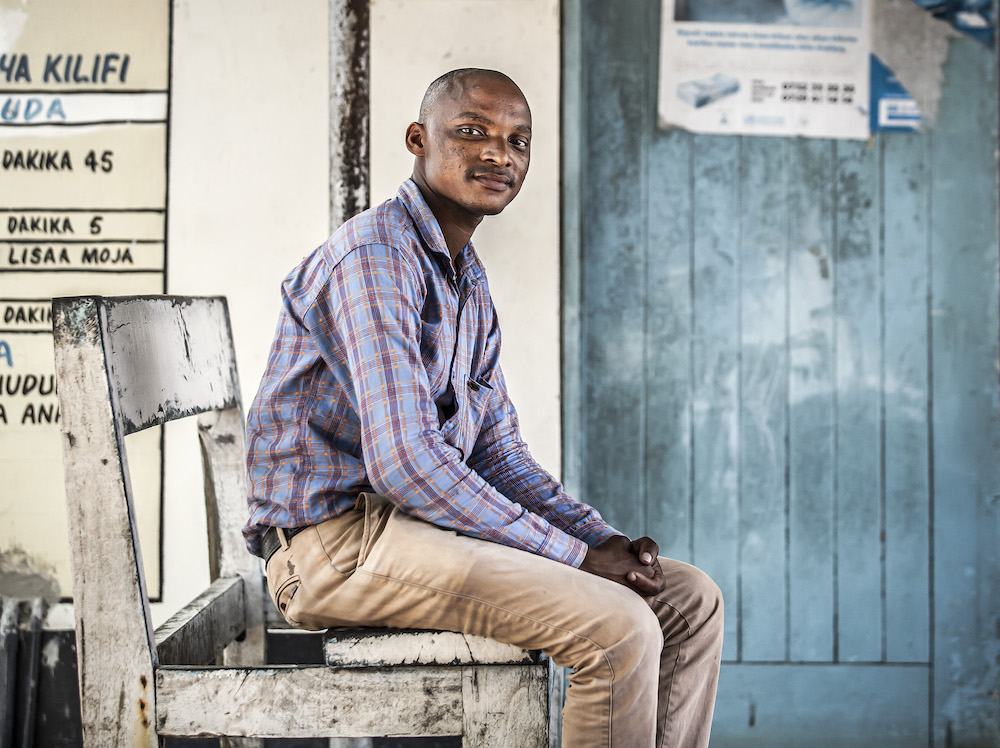
Keeping the attacks secret out of shame
“Instead of sympathizing with his son, he shouted at him,” said Raymond Gitana, a medical social worker and psychologist on the ward. The boy’s father accused his son of ‘being gay’ and was incensed that he had kept the attack secret. The father threatened to disown his son and to stop supporting him.
News of the abuse of the boy spread in his community. “As if the assault was not bad enough,” said Cresidah Manga, a counsellor for children at the hospital, “the response from the community made his situation even worse.”
From the trauma of the assaults, the boy lost the ability to control his stools. He was taken to hospital where it was clear he was suffering from trauma. “We decided right there and then to relocate him away from his home, away from that environment and provided him counselling,” Mr. Gatana said.
It’s important for survivors of sexual violence not to feel isolated in their experiences.
The support provided by the UNFPA-funded GBV and SGBV counselling centre is holistic in scope. “Both the boy and his mother received counselling. They then joined a group of mothers and children who share their experiences and support one another,” Mr. Gatana said.
The group has developed the confidence and resolve to speak to others about sexual abuse. “We call them our ambassadors,” said Mr. Manga. “It’s important for survivors of sexual violence not to feel isolated in their experiences. These ambassadors help us change some of the attitudes that we see around here.”
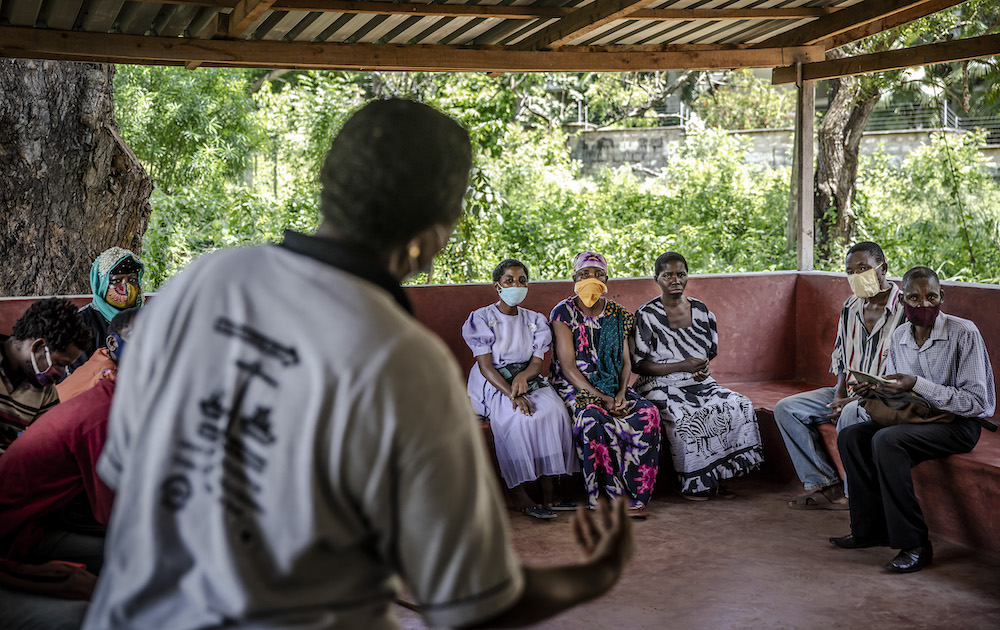
“Parenting is a problem here”
Kilifi County Referral Hospital’s trauma counselling ward remained full despite the pandemic, during which a higher than usual number of survivors of sexual and gender-based-violence (SGBV) were being treated, the majority of them under 17 years of age, Mr. Gitana said.
In part this was due to pandemic-related restrictions forcing young people to stay at home – but the problem goes much deeper than that. “When children grow from 10 to 17 [years of age] here in Kilifi, parenting is a problem,” Mr. Gitana said. “No one wants to talk about sex with their child. It’s a taboo subject. Parents have essentially left their parenting role to teachers.”
When classrooms are closed, children turn to their peers and social media as a poor substitute teacher. While their parents are away from home trying to put food on the table, youngsters are idle at home and this is where the problem starts, Mr Gitana believes.
In this environment, many crucial conversations between parents and youth never take place.
“In Kilifi, we used to have elders who would call youth [together] in the evening. Grandmothers would speak to the girls, while grandfathers would talk to the boys. But now this role is no longer there – parents are not even there, everyone is busy and no one is talking to one another.”
Kilifi has a conservative culture, in which youth fear raising certain key issues with their parents, said Mr. Manga. “In this environment, many crucial conversations between parents and youth never take place.”
Staff members on the ward provide pivotal psychosocial support, not only to survivors of SGBV.
Justice for the boy who was raped
After receiving medical treatment and counselling, the boy was finally able to return home. His file and his testimony recorded by the counsellors was used as evidence to arrest and sentence the perpetrator to jail.
We need to keep reaching out to these kids.
This case is not an isolated one; the counsellors contend with them on a regular basis. Both agree that without the counselling centre, especially during the COVID-19 pandemic, the situation for youth in Kilifi would be far worse.
“The levels of teenage pregnancy would be very high,” Mr. Manga said, “not to mention HIV and other sexually transmitted infections. There would be a spike in cases. We need to keep reaching out to these kids."

